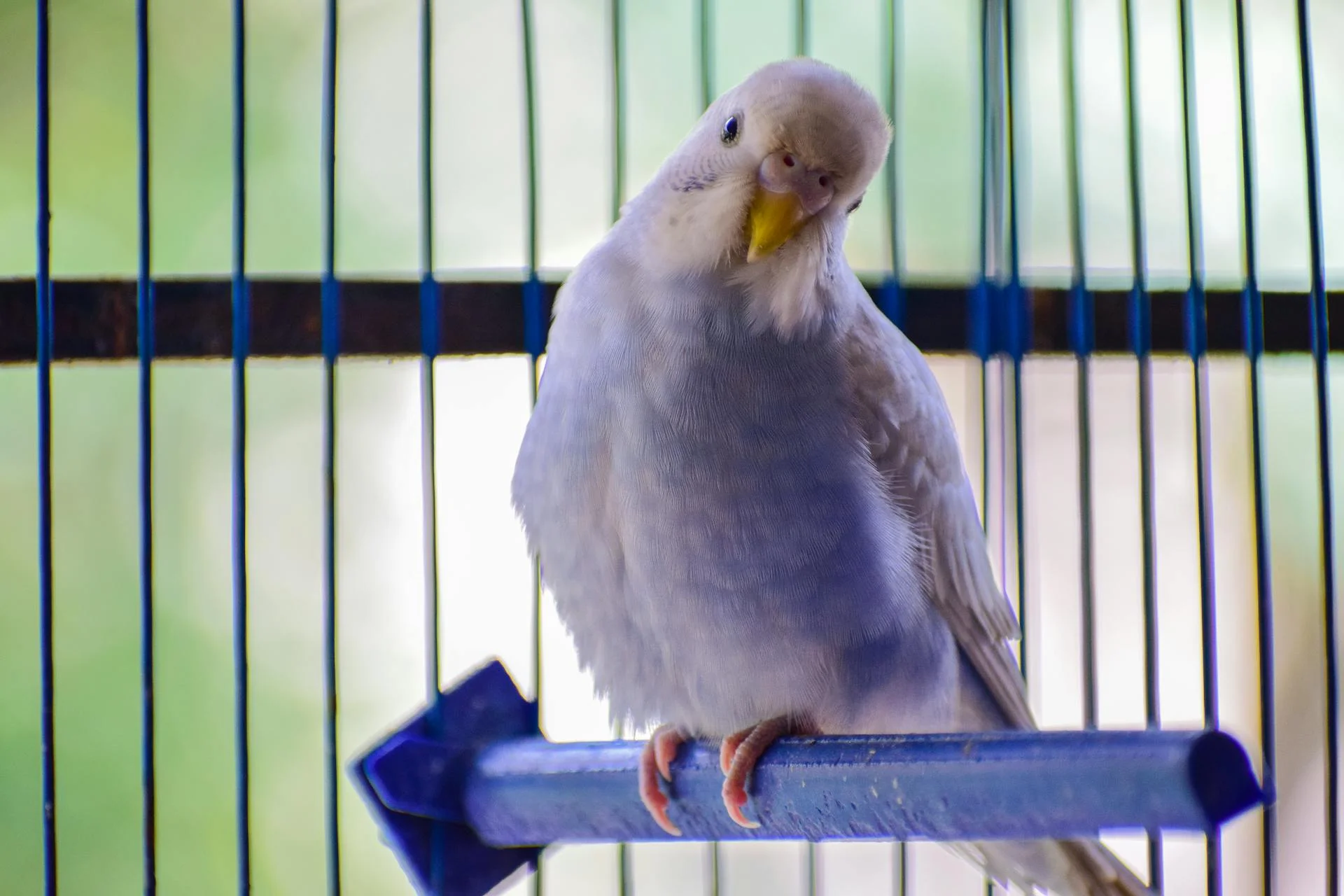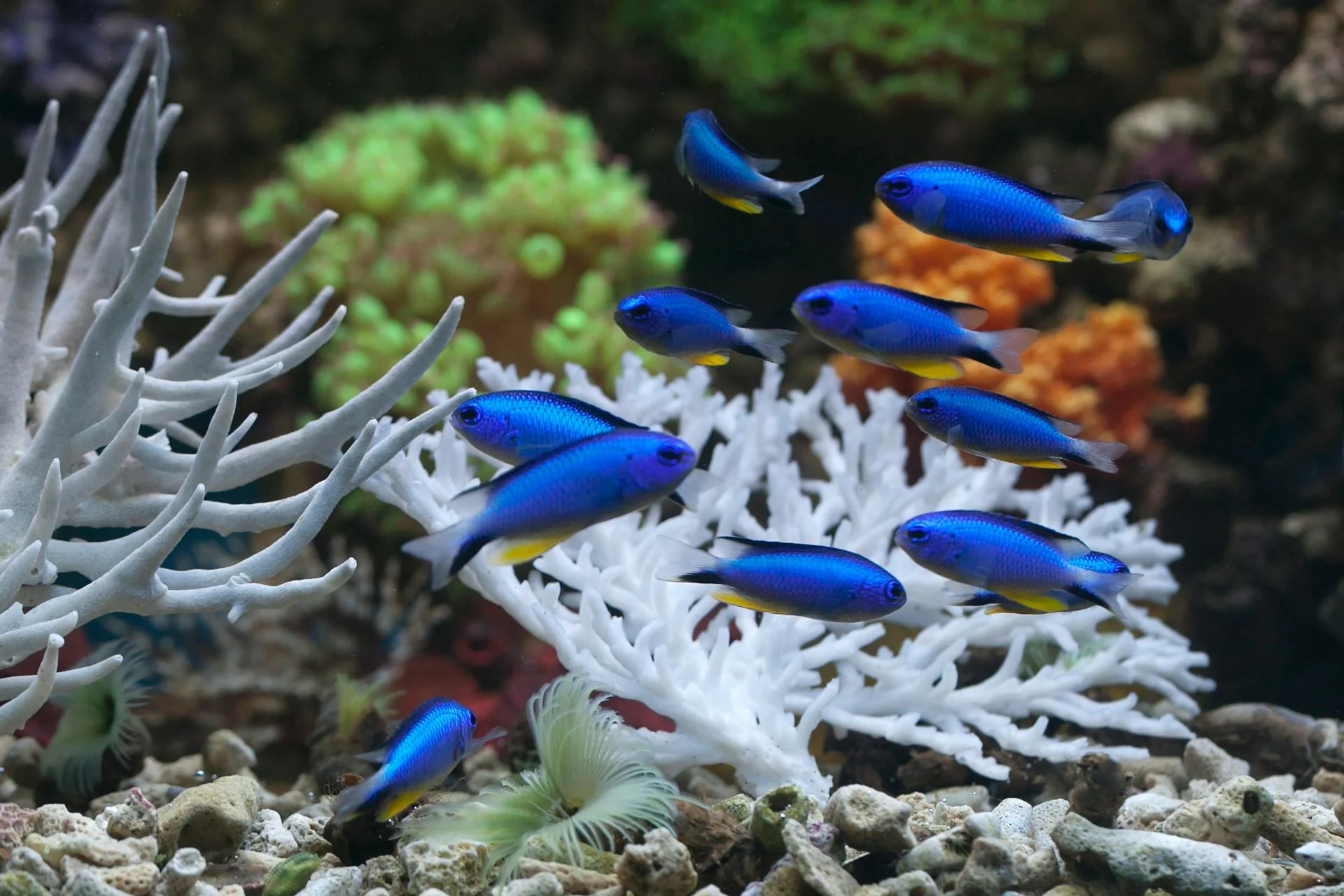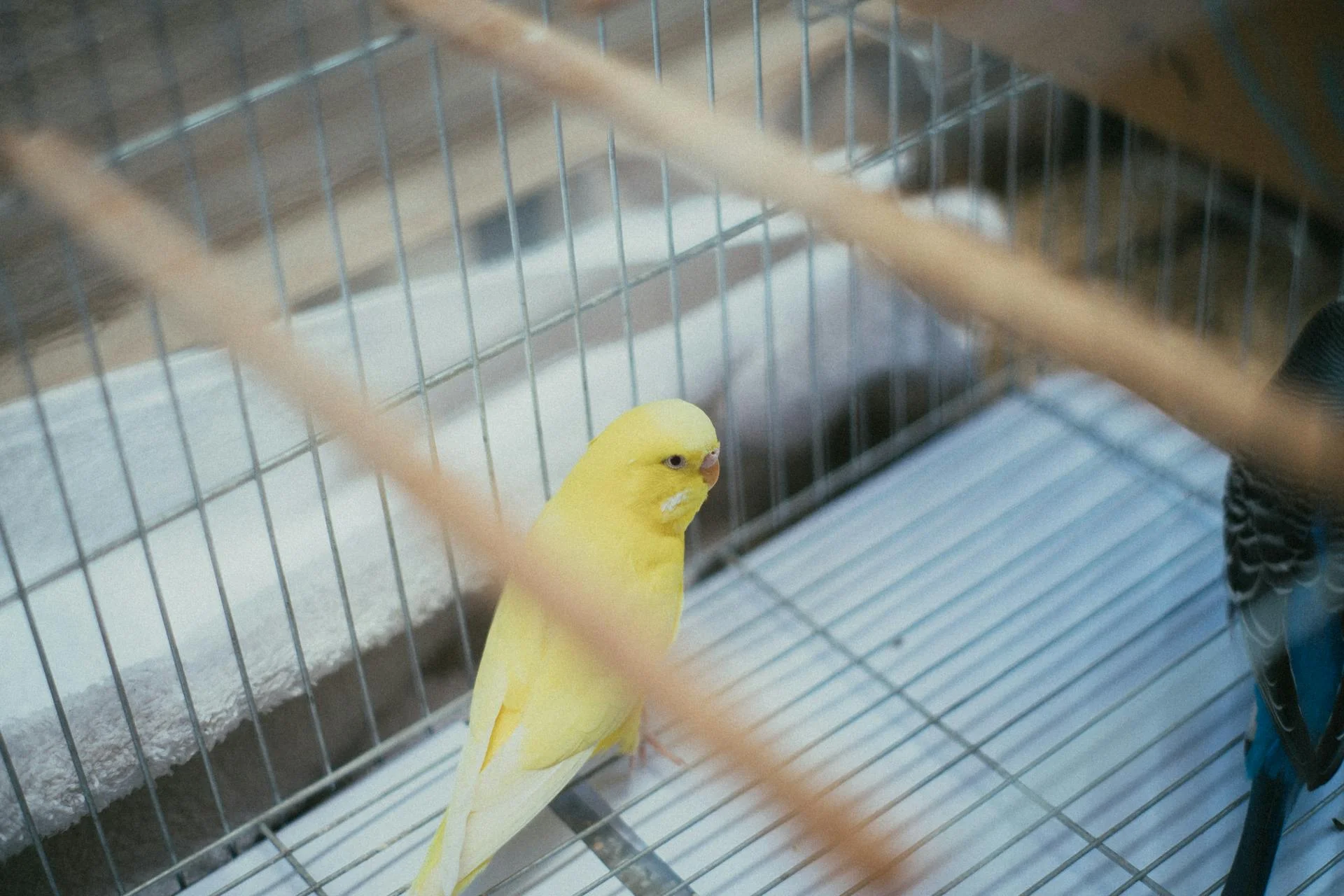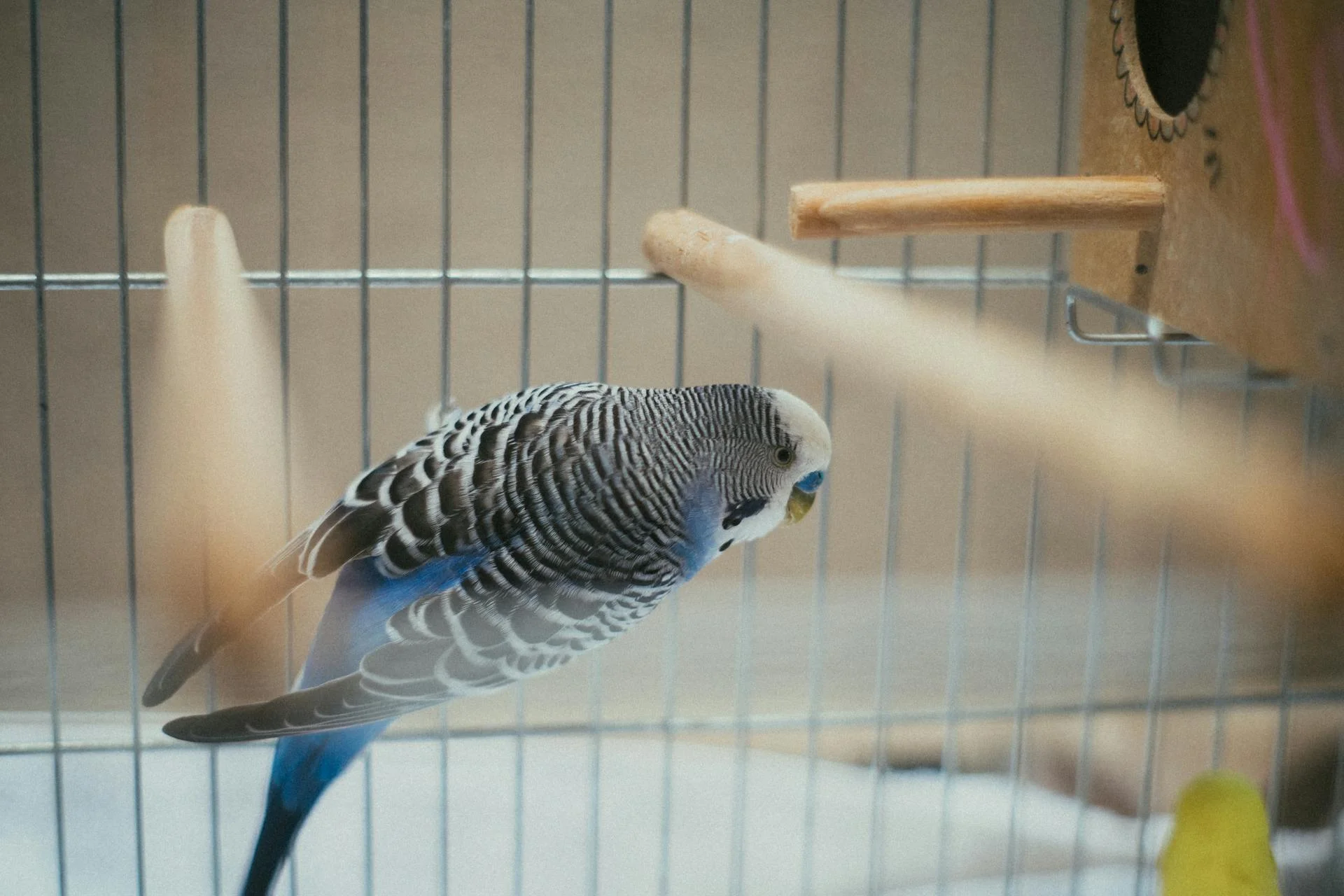Owning a pet bird can be a rewarding experience, but it also comes with the responsibility of providing proper care to ensure their well-being. From nutrition and grooming to socialization and environmental enrichment, there are several key aspects to consider when caring for your feathered friend. In this blog post, we’ll cover some bird care basics to help you create a happy and healthy home for your avian companion:
Proper Nutrition
A balanced and nutritious diet is essential for your bird’s health and longevity. Offer a variety of high-quality bird seed, pellets, fresh fruits, and vegetables to ensure they receive all the essential nutrients they need. Avoid feeding your bird foods that are high in fat, sugar, or salt, as these can lead to health problems such as obesity and nutritional deficiencies. Consult with your avian veterinarian for recommendations on a diet tailored to your bird’s species and individual needs.
Hygiene and Grooming
Maintaining good hygiene is crucial for your bird’s health and well-being. Keep their cage clean and free of droppings, food debris, and soiled bedding. Provide fresh water daily and clean food and water dishes regularly to prevent bacterial growth. Trim your bird’s nails and beak as needed to prevent overgrowth and discomfort. Additionally, offer opportunities for bathing or misting to help your bird keep their feathers clean and healthy.
Environmental Enrichment
Creating a stimulating environment is essential for your bird’s mental and physical well-being. Provide plenty of perches, toys, and activities to keep them entertained and engaged. Offer toys that encourage natural behaviors such as chewing, shredding, and foraging. Rotate toys regularly to prevent boredom and offer new challenges. Consider setting up a bird-safe play area outside of the cage where your bird can stretch their wings and explore new surroundings.
Socialization and Interaction
Birds are social animals that thrive on interaction and companionship. Spend quality time bonding with your bird through gentle handling, talking, and positive reinforcement training. Respect your bird’s boundaries and allow them to initiate contact on their terms. Consider providing opportunities for socialization with other birds or bird-friendly pets to prevent loneliness and promote mental stimulation.
Veterinary Care
Regular veterinary check-ups are essential for monitoring your bird’s health and detecting any potential issues early on. Schedule annual wellness exams with an avian veterinarian to ensure your bird is in good health. Be proactive about addressing any health concerns or changes in behavior promptly. Additionally, consult with your veterinarian for recommendations on preventive care, vaccinations, and parasite control to keep your bird healthy and protected.
Safe Environment
Create a safe environment for your bird by removing any hazards or potential dangers from their living space. Keep toxic plants, household chemicals, and small objects out of reach. Use bird-safe cleaning products and avoid using aerosols, candles, or air fresheners near your bird’s cage. Provide proper ventilation and maintain a comfortable temperature in your bird’s environment to ensure their health and comfort.
By following these bird care basics, you can provide your feathered friend with the love, care, and attention they need to thrive. Remember to tailor your approach to your bird’s species-specific needs and individual preferences, and consult with your avian veterinarian for personalized advice and guidance. With proper care and attention, you can enjoy a rewarding and enriching relationship with your avian companion for years to come.










